Dreaming of a Greener Sleep: Choosing Natural Mattress Toppers for a Healthier Bed
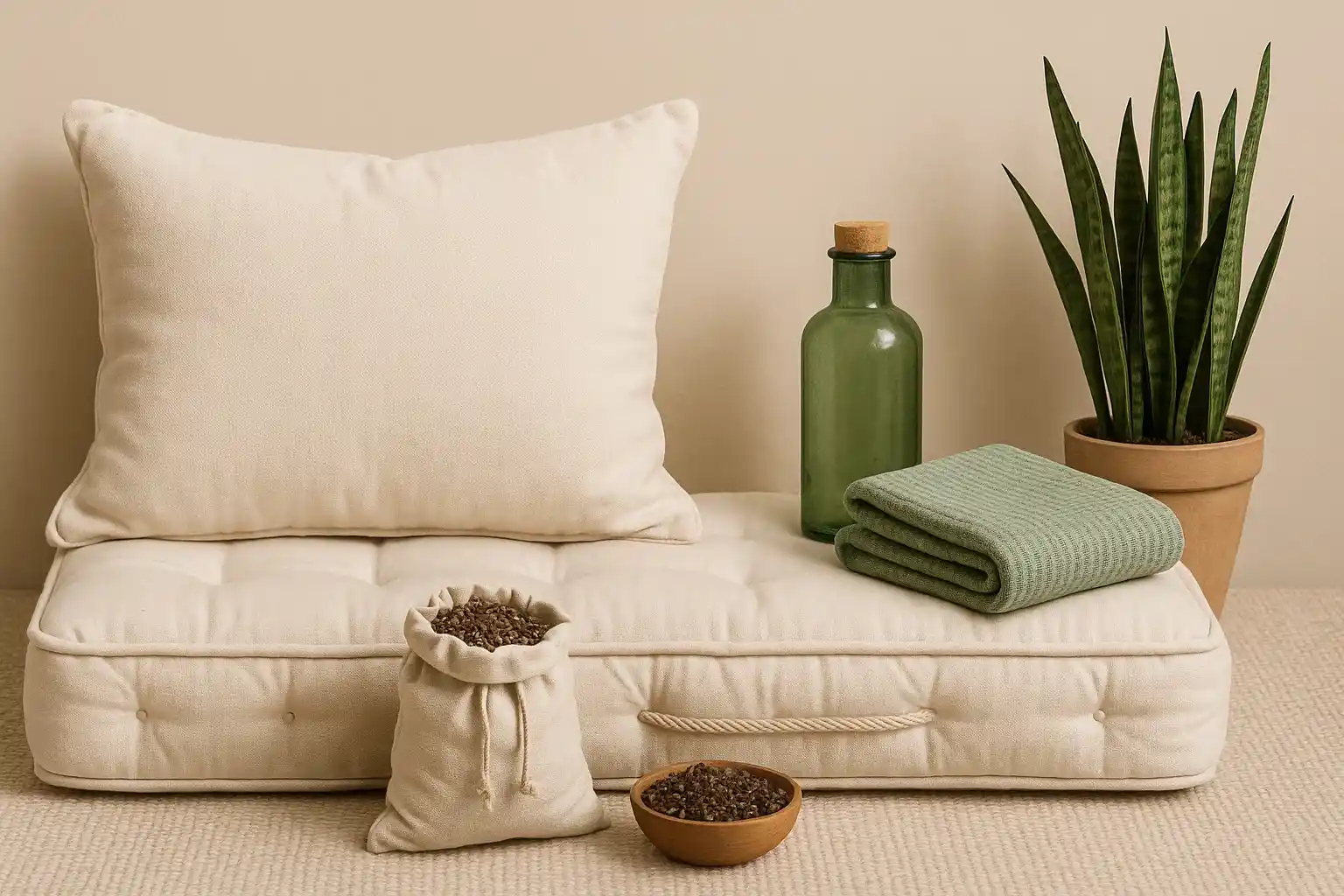
The quality of our sleep profoundly impacts our overall health and well-being. Creating a comfortable and supportive sleep environment is a key priority for many, and mattress toppers have become a popular way to enhance the feel of our beds. However, conventional mattress toppers are often made from synthetic materials like polyurethane foam, memory foam, and polyester, which are derived from petrochemicals. These materials can release volatile organic compounds (VOCs) into the air, potentially affecting our indoor air quality and posing health concerns, especially during the extended hours we spend sleeping. Furthermore, synthetic mattress toppers are not readily biodegradable, contributing to landfill waste at the end of their lifespan. For those seeking a healthier and more sustainable sleep experience, natural mattress toppers offer a breathable, non-toxic, and often biodegradable alternative, promoting both restful sleep and a more eco-conscious home.
The concerns surrounding synthetic mattress toppers stem from their chemical composition and the potential for off-gassing. VOCs released from these materials can include substances like formaldehyde, benzene, and toluene, which have been linked to respiratory irritation, allergies, and other health issues. The close proximity of a mattress topper to our bodies during sleep makes this potential exposure particularly relevant. Additionally, the production of synthetic foams and fibers relies heavily on fossil fuels and energy-intensive processes. The non-biodegradable nature of these materials means that discarded mattress toppers contribute to the growing problem of landfill waste, persisting in the environment for centuries.
Fortunately, nature provides us with several excellent materials that can be used to create comfortable, supportive, and environmentally friendly mattress toppers. By choosing toppers made from natural latex, organic cotton fill, or wool, we can significantly reduce our exposure to harmful chemicals, promote better airflow for a more comfortable sleep, and opt for materials that are often biodegradable and sourced with greater environmental responsibility. These natural alternatives offer a pathway to a greener sleep sanctuary, supporting both our personal well-being and the health of the planet.
Drifting Off Sustainably: Exploring Natural Mattress Topper Options
Nature offers a range of materials that provide comfort and support for sleep while minimizing environmental impact:
Natural Latex: Resilient Comfort from the Earth
Natural latex is derived from the sap of rubber trees, a renewable resource. Mattress toppers made from natural latex offer excellent support, resilience, and breathability. Unlike synthetic latex, natural latex is free from petrochemicals and has a lower environmental impact in its production. It is also naturally hypoallergenic and resistant to dust mites and mold, making it a healthy choice for allergy sufferers. Natural latex is also biodegradable, ensuring a more sustainable end-of-life scenario. Brands like Avocado Green and Naturepedic are known for their high-quality mattress toppers made from natural and organic latex, often combined with other natural materials for optimal comfort and sustainability.
Organic Cotton Fill: Softness and Chemical-Free Comfort
Mattress toppers filled with organic cotton provide a soft, breathable, and chemical-free layer of comfort for your bed. Organic cotton is grown without the use of synthetic pesticides and fertilizers, making it a healthier choice for both people and the planet. Cotton is naturally breathable and helps to regulate body temperature, promoting a more comfortable sleep. While not as resilient as latex, organic cotton fill offers a plush and natural feel. Many brands, including Happsy and those offering organic bedding like West Elm Organic, utilize organic cotton in their mattress toppers, often layering it for added comfort and support.
Wool Mattress Pads: Natural Temperature Regulation and Moisture Wicking
Wool is a natural fiber derived from sheep, a renewable resource. Wool mattress pads offer excellent temperature regulation, keeping you warm in the winter and cool in the summer. Wool is also naturally moisture-wicking, helping to create a dry and comfortable sleep environment. Additionally, wool is naturally flame-resistant and hypoallergenic. When sourced from farms that prioritize sustainable land management and animal welfare, wool mattress pads are an eco-friendly and comfortable choice. Many brands specializing in natural bedding offer wool mattress pads as a way to enhance sleep comfort and sustainability.
Completing Your Eco-Sleep Sanctuary: Considering Covers and Bedding
To further enhance the sustainability of your sleep environment, consider the materials of your mattress cover and other bedding:
- Organic Cotton Sheets: Choose breathable and chemical-free organic cotton sheets.
- Natural Fiber Duvets and Comforters: Opt for fillings like wool, down (ethically sourced), or organic cotton.
- Pillows with Natural Fills: Consider pillows filled with buckwheat hulls, kapok, or organic cotton.
By consciously choosing natural and non-toxic materials for your mattress topper and bedding, you can create a sleep sanctuary that promotes both your well-being and a healthier planet.
Related Blogs
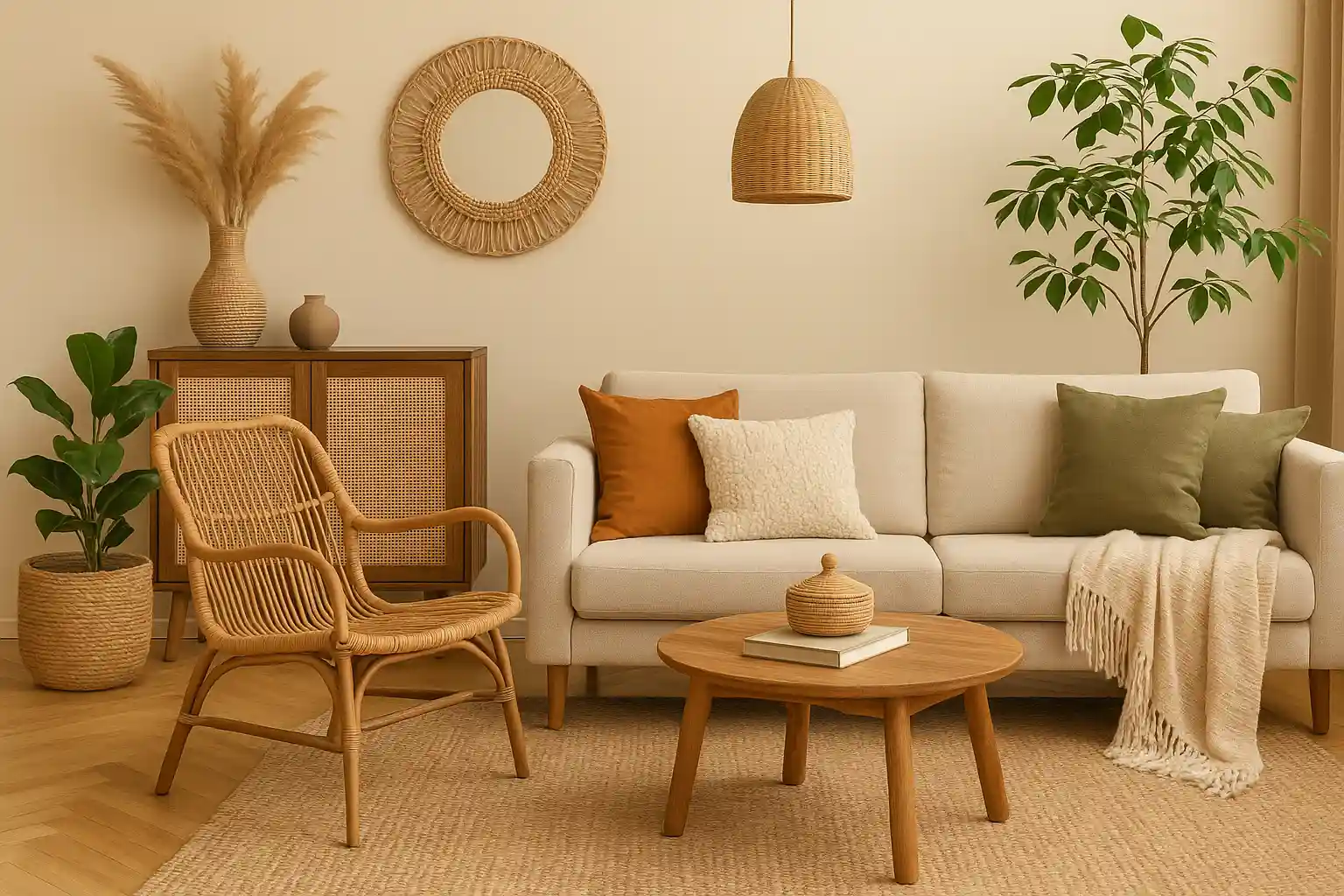
5 Home Decor Trends That Nurture Your Space and the Planet
Insights on 5 home decor trends that are also earth-friendly in a sustainable way.
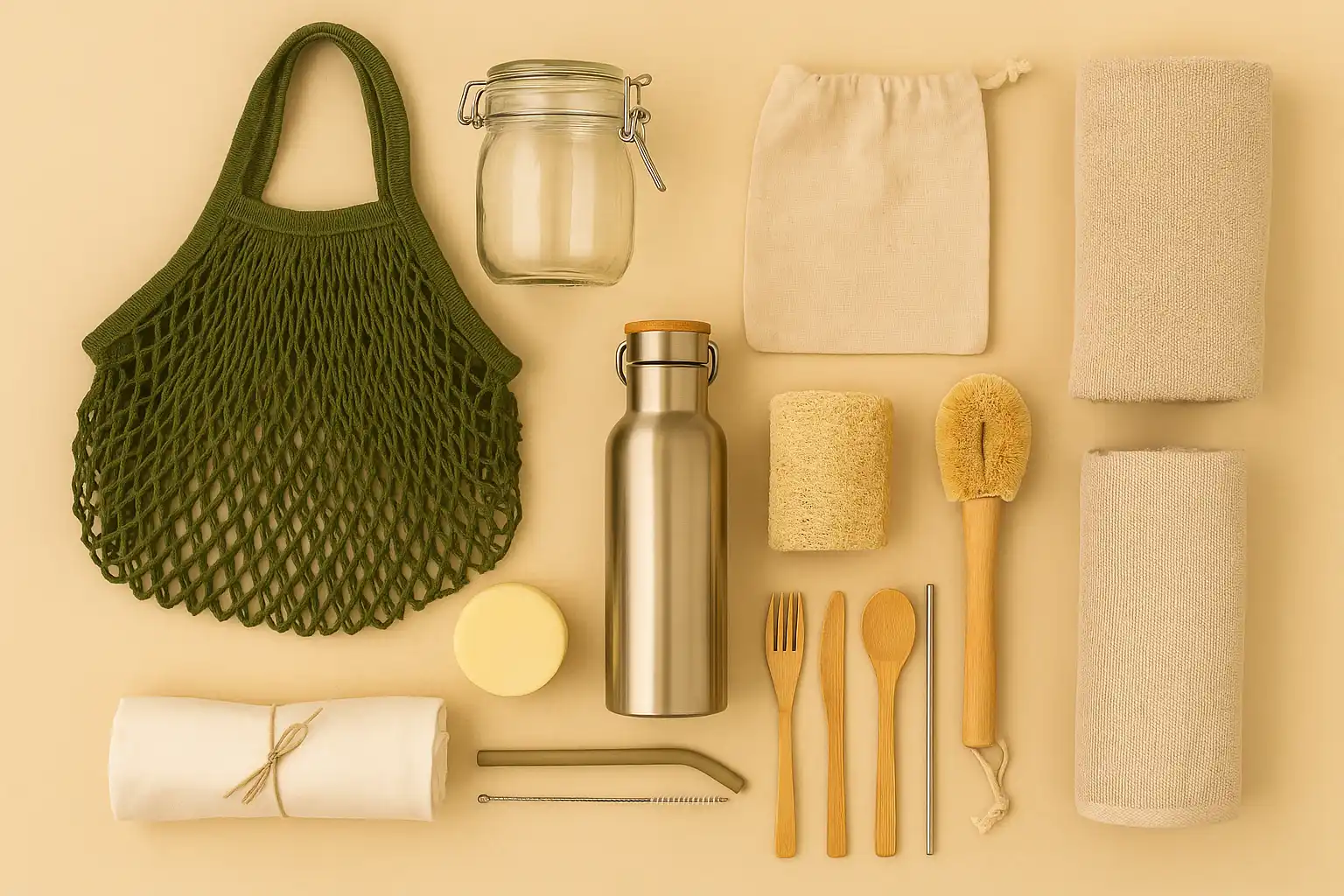
Laying the Foundation for a Greener Home: Your Eco Starter Kit
Insights on building an eco starter kit for your home in a sustainable way.
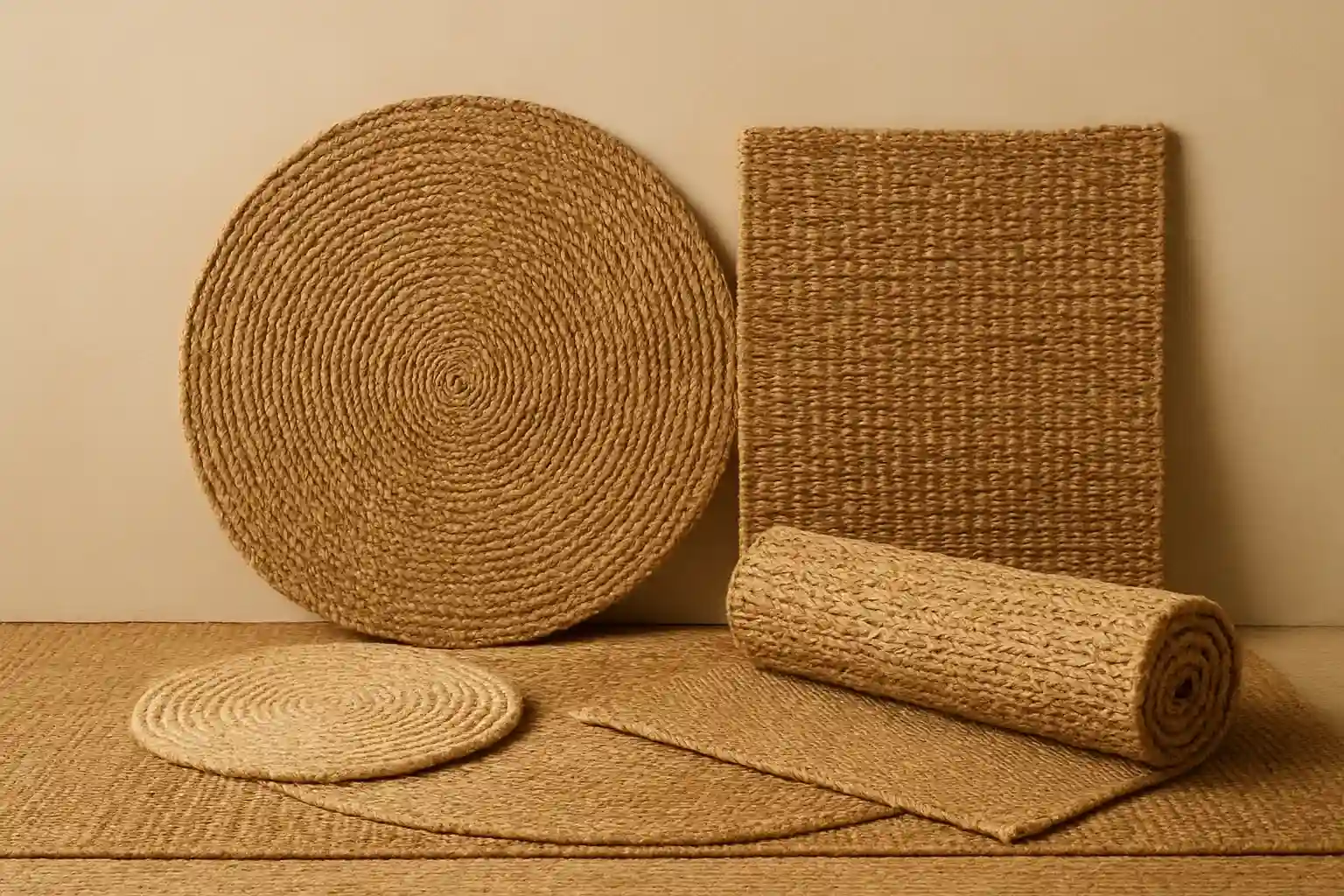
Step Softly on the Earth: Upgrading Your Home with Natural Floor Rugs
Choose biodegradable and non-toxic jute, organic cotton, or wool rugs over synthetic options.
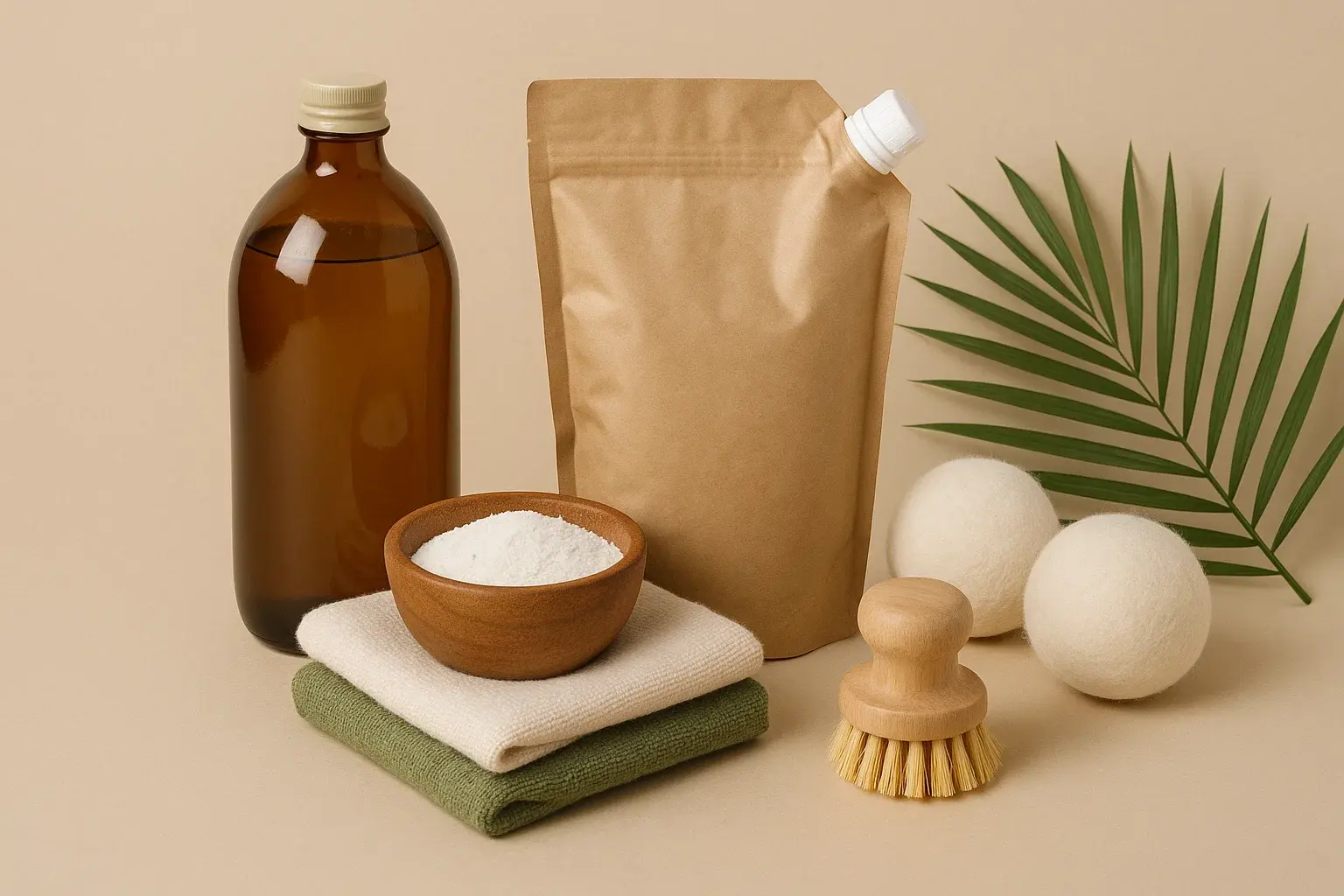
Clean Laundry, Clear Conscience: Sustainable Swaps for Conventional Detergents
Switch to soap nuts, eco-enzyme cleaners, or plant-based detergents for toxin-free laundry.
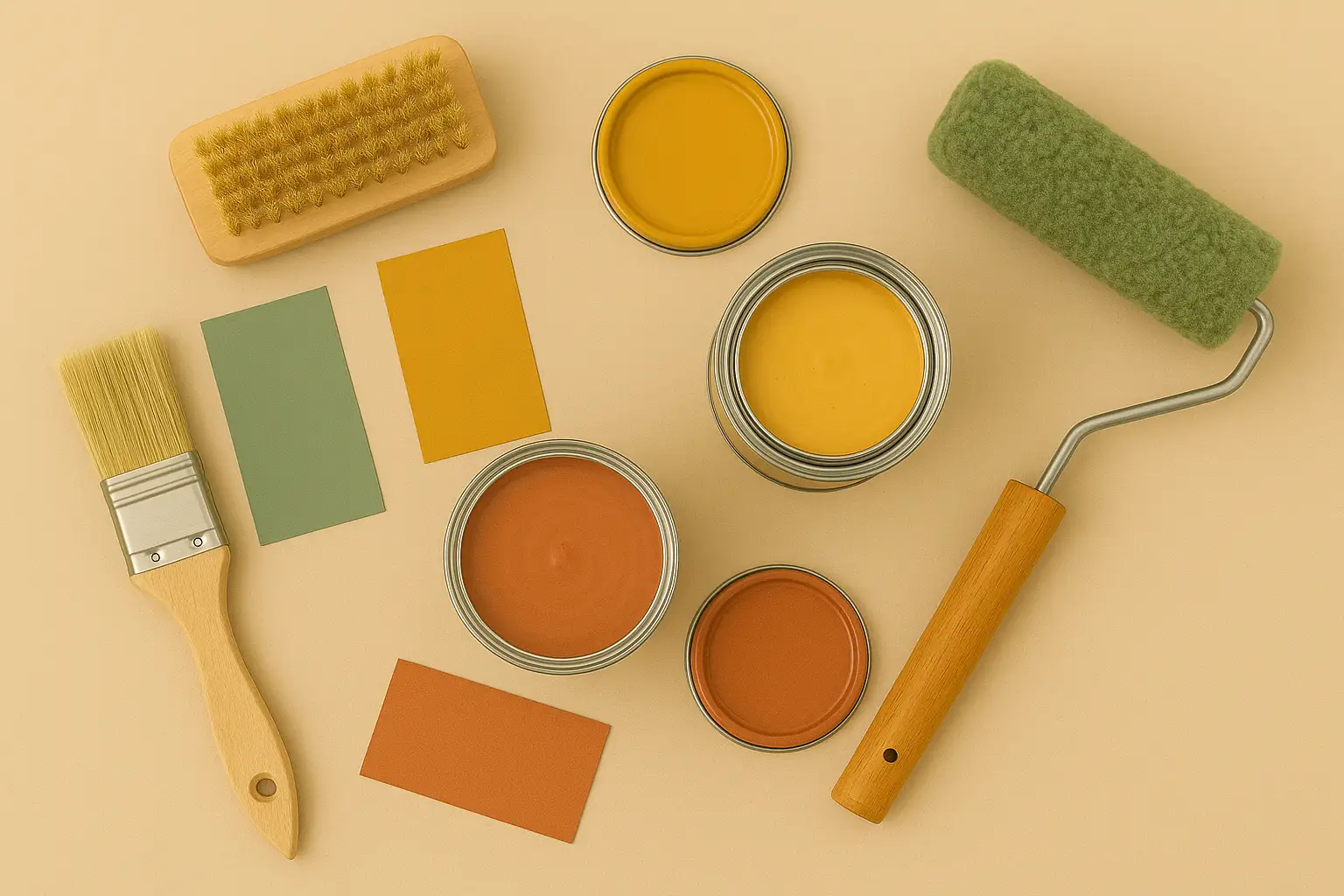
Breathing Easier, Living Greener: The World of Eco Paints and Finishes for a Healthier Home
Insights on eco paints and finishes for a healthier home in a sustainable way.
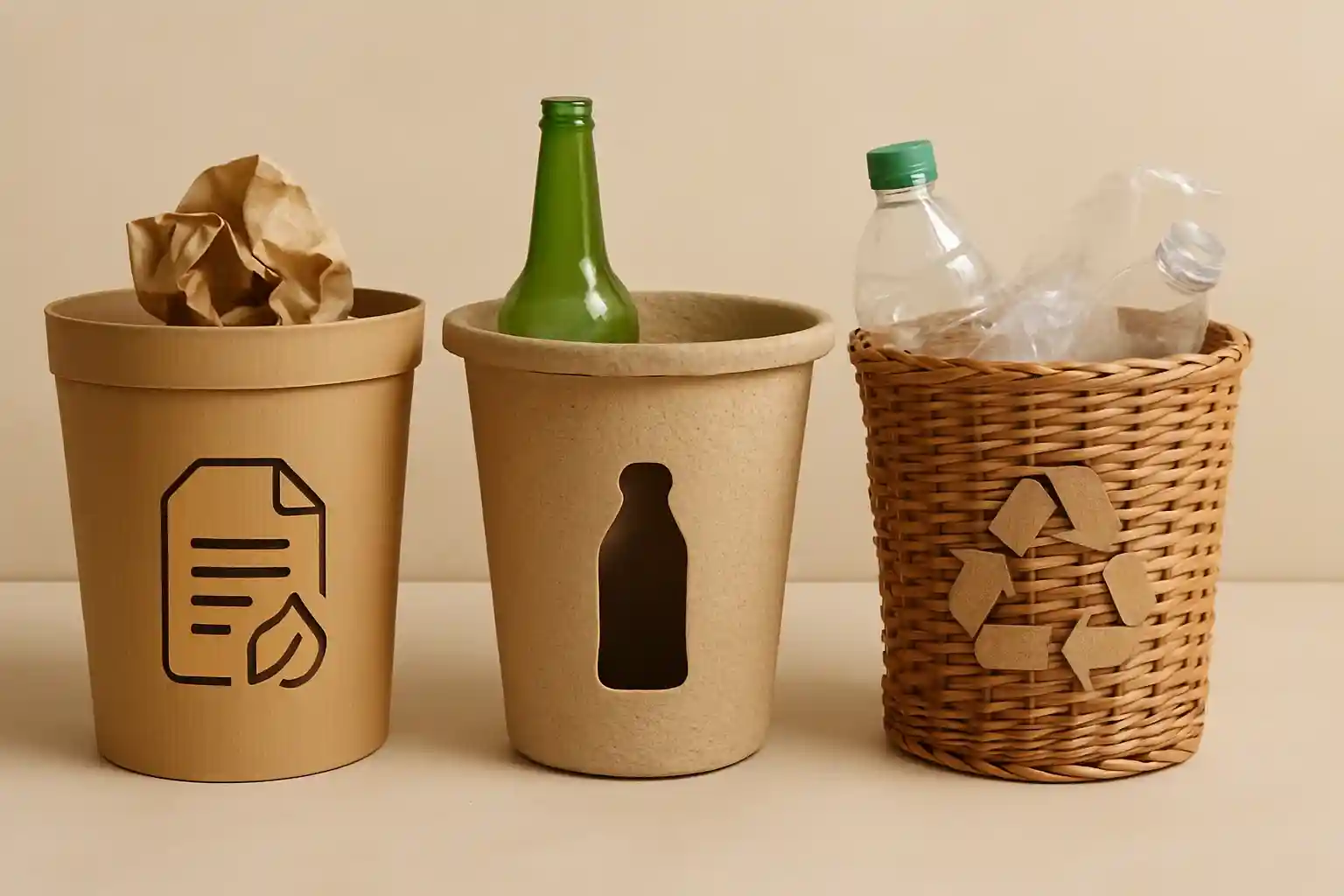
Smart Storage, Sustainable Spaces: Choosing Eco-Friendly Alternatives to Plastic Trash Cans
Upgrade to durable metal, recycled plastic, or wooden bins for lower impact waste management.
Stay in the Loop
Get tips and insights tailored to your interests — no spam, just sustainability.